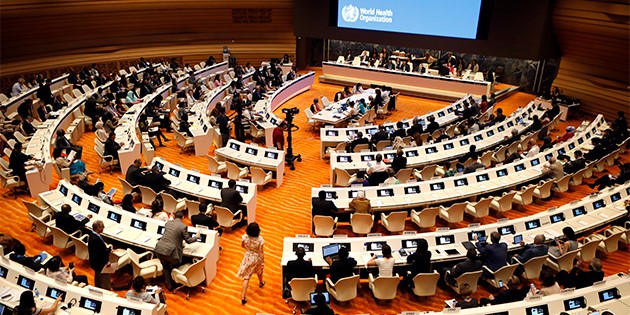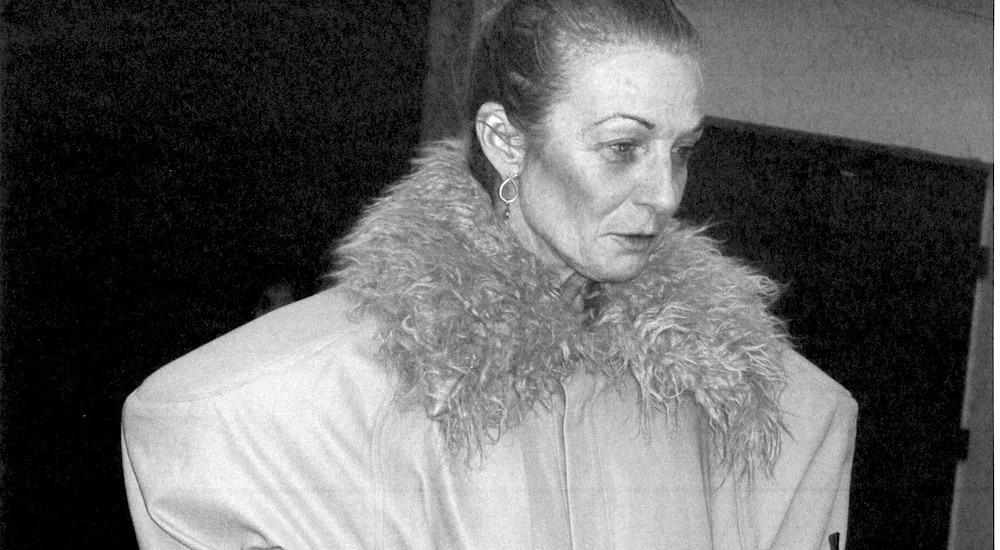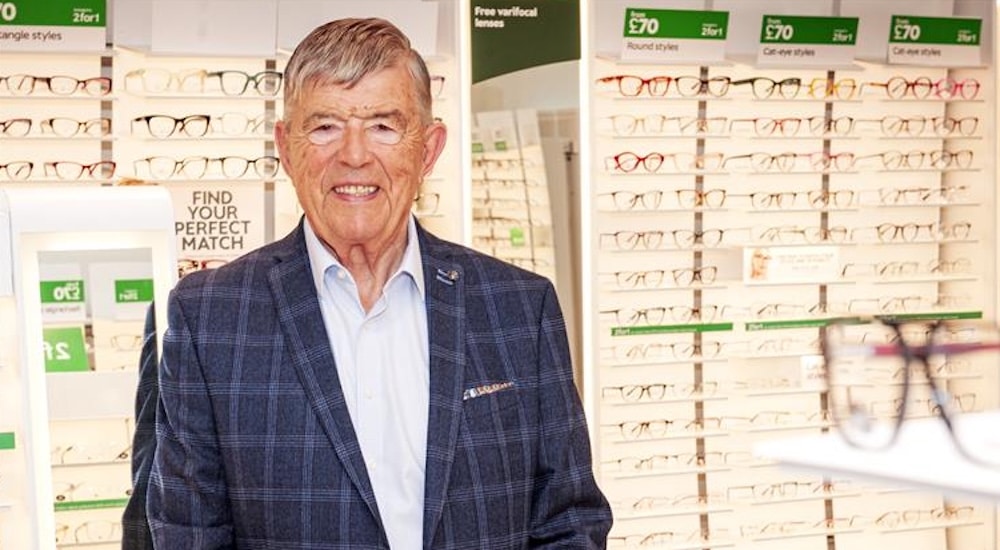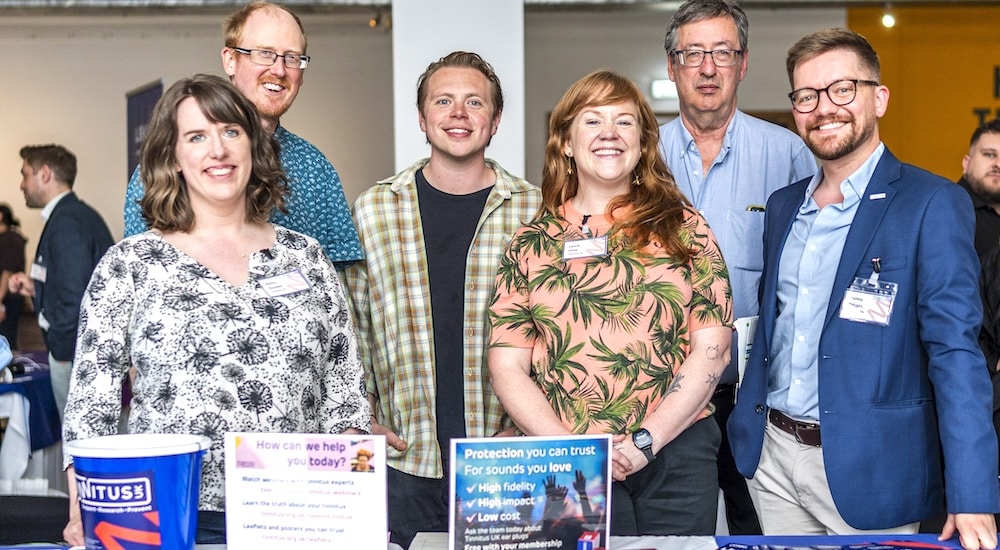WHO adopts historic resolution on hearing care
Prevention
The 70th World Health Assembly, the WHO’s highest decision-making body, met in Geneva from May 27 to 31, and passed a historic resolution on hearing care.

Dr Shelly Chadha, who oversees the WHO’s hearing loss program, offers insights to help interpret this key resolution.
May 31, 2017 is a red letter day: the World Health Organization (or, to be more exact, the World Health Assembly, WHO’s highest decision-making body) has passed a resolution promoting hearing healthcare. The previous resolution dates back to 1995. It focused on the prevention of hearing impairment and urged Member States to implement plans for the prevention and control of the major causes of avoidable hearing loss, and for early detection in babies, toddlers, and children, as well as in the elderly, within the framework of primary health care.
During the 70th World Health Assembly which took place at the end of May, at the WHO headquarters in Geneva, Member States confirmed their concerns regarding hearing care. “We are happy a resolution has been passed on hearing loss, because this will help us raise awareness of this issue among Member States and partners in order to foster the design of policies and their implementation”, said Dr Shelly Chadha, who oversees WHO’s hearing-loss prevention programme.
Commitments of Member States…
“The resolution, which was coordinated by Russia, received broad support from the Member States from all regions and income levels, said Shelly Chadha, welcoming the resolution. It urges Member States to: achieve integration of ear and hearing care into countries’ primary health care systems; collect epidemiological data; establish training programmes and develop Human Resources; strengthen vaccination programs; implement screening programs for infants, young children, older adults, and other ‘high risk’ populations; improve access to affordable and high-quality hearing devices; improve access to communication; work towards the achievement of ‘Sustainable Development Goals’ (Goals 3and 4) [Editors Note: Ensure healthy lives and promote well-being for all at all ages and ensure inclusive and equitable quality education, and promote lifelong learning opportunities for all], particularly for the hearing impaired. We hope that countries are now going to commit to the development and implementation of policies in terms of hearing care, based on their needs, priorities and resources. WHO will continue to provide its full support to Member States throughout the process”
… and of WHO
The resolution does not include commitments only for Member States. WHO itself will also fulfil certain obligations: continue its advocacy efforts to raise awareness and promote ear and hearing care based on the best available scientific evidence, namely during the World Hearing Day (March 3rd); develop tools to facilitate Member States’ activities in data collection; planning, implementing and monitoring of strategies for ear and hearing care; developing screening programmes, etc. The report also states that WHO must continue its efforts to prevent noise-induced hearing loss, particularly in recreational settings. “In that regard, WHO launched the Make Listening Safe initiative in 2015, Shelly Chadha recalled. In upcoming years, it hopes to develop and launch a worldwide communication campaign to promote safe listening, work with partners and stakeholders to develop standards for personal audio systems which guarantee safe-listening practices, and to propose recommendations for recreational settings. Lastly, WHO plans to define a standardized assessment protocol for the assessment of hearing loss due to recreational exposure.”
A world report on hearing care
George Tavartkiladze, Secretary General of ISA (the International Society of Audiology) had stressed the importance and worrying emergence of recreational noise. The ISA expressed its satisfaction at the adoption of the resolution: “As an international body for audiology, the ISA, along with the many partners who have devoted tireless efforts to this cause, celebrates this historic moment which promises to have a profound impact on hearing care throughout the world.”
The resolution also proposes that the Director-General commission a world report on ear and hearing care. “This report will describe the current state of hearing care throughout the world and determine priorities for action over the next few years, explains Shelly Chadha. In July 2017, WHO will host a stakeholder consultation at its headquarters in Geneva. During this session, they will discuss the report, as well as the Key Messages, the process, and a possible timeline. We hope the report can be launched in 2019.”


